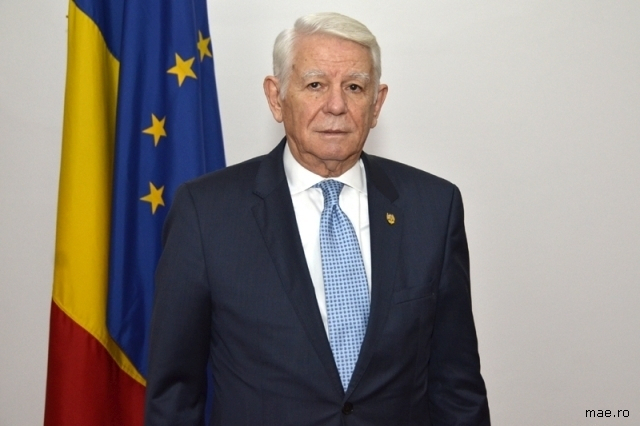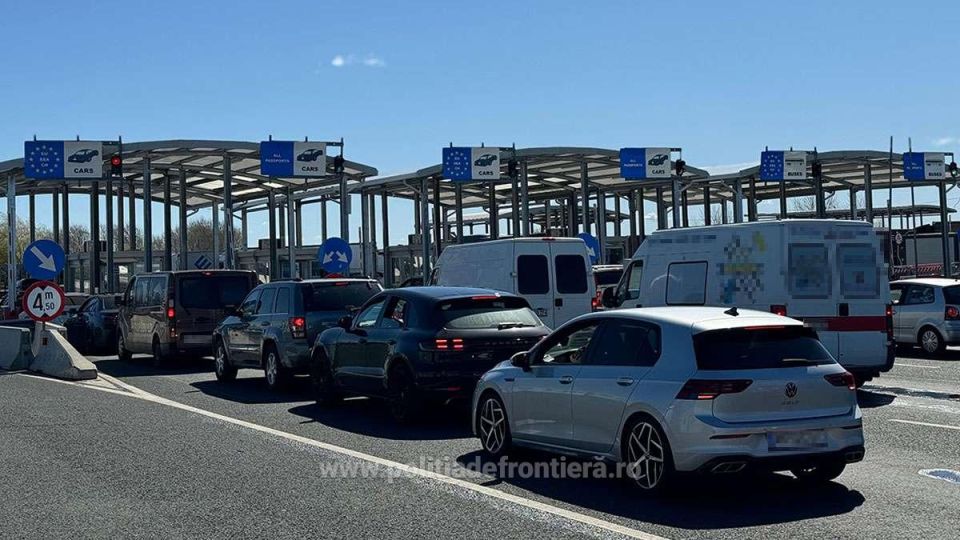Diaspora voting problems, once again
Voting problems prompt people to demand Foreign Minister's resignation

Corina Cristea, 28.05.2019, 13:50
The Foreign Ministrys head office in Bucharest was picketed on Monday night, with protesters demanding Foreign Minister Teodor Melescanus resignation after large numbers of Romanians living abroad were unable to cast their votes in Sundays EP elections and referendum on the judiciary. Concurrently, an online petition asking the Foreign Minister to step down had already been signed by tens of thousands of people the first day after its launch.
Thousands of people were unable to exercise their constitutional right to vote on Sunday because of the poor organisation, although the number of polling stations set up abroad had been almost doubled. But the procedure was cumbersome, and simple math says more voting booths, more stamps, more employees were necessary for all interested voters to be able to cast their ballots. Critics recalled that the same happened in the 2014 presidential election, and the end of which the Foreign Minister, the same Teodor Melescanu, actually resigned.
This time around, he merely apologised to the Romanians in the diaspora who had to queue for hours before they could vote. Or before they couldnt—because some polling stations closed at the set deadline in spite of the requests to extend voting hours coming from citizens, from the Opposition parties and from the President of the country.
The day after the election, President Klaus Iohannis spoke about the situation in the diaspora:
Klaus Iohannis: “It is unacceptable for the authorities to scorn the Romanians in the diaspora. Romanians were once again subjected to humiliation by a government who fails to understand that its role is to serve citizens and not to work against them. Given the very serious problems of 2014, which regretfully resurfaced yesterday, I call on the relevant authorities to take immediate measures to make sure that the Romanians living abroad are able to cast their ballots in normal circumstances, without queuing for long hours only to exercise their constitutional right to vote.
Teodor Melescanu admitted that the voting unfolded in a less than satisfactory manner in several countries, and announced that he ordered an investigation and requested the drafting of a bill for a voting system adapted to the needs of the diaspora.
In Brussels, the European Commission said member states must make sure that all citizens can exercise their right to vote, and added that it will draw up a report closely examining how the elections took place in all member countries.
(translated by: Ana-Maria Popescu)






























